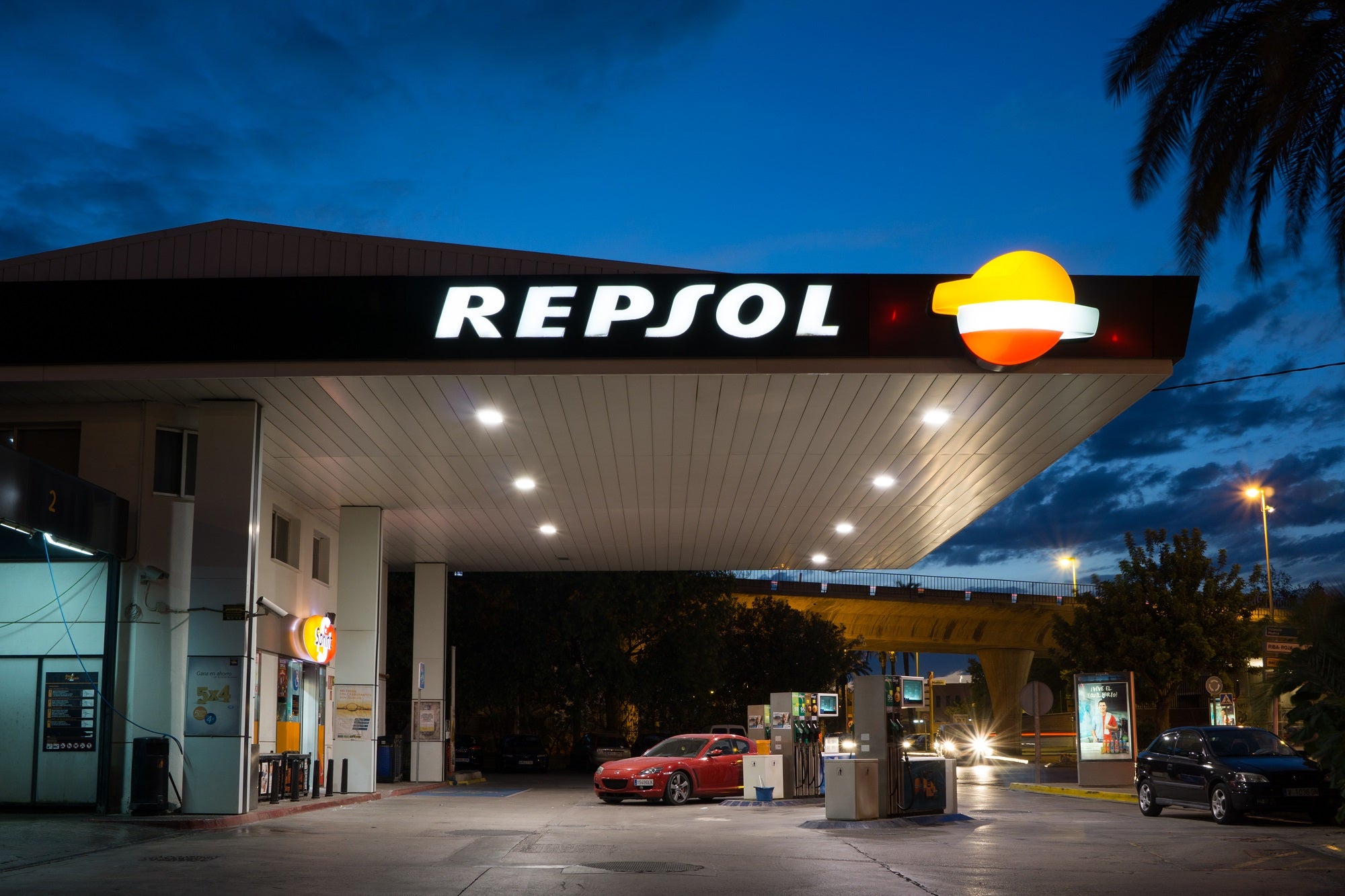
Repsol is planning to invest more than €120m ($132.95m) to produce second-generation biofuels from an old diesel plant, reported Reuters.
The Spanish oil major plans to retrofit its Puertollano plant to produce biofuels, a spokesperson told the news agency.
Repsol plans to produce two million tonnes (t) of low-carbon fuels by 2030, tripling its capacity from the start of this decade.
The move forms part of its ambition to switch to renewable energy.
Earlier this week, the oil company secured a €575m loan from the European Investment Bank to set up domestic wind and solar PV plants with a total capacity of 1.1GW.
With an annual capacity of 240,000t, the Puertollano plant, which was constructed in the 1960s, will begin producing biofuels for automobiles, trucks and shipping before the end of 2025.
How well do you really know your competitors?
Access the most comprehensive Company Profiles on the market, powered by GlobalData. Save hours of research. Gain competitive edge.

Thank you!
Your download email will arrive shortly
Not ready to buy yet? Download a free sample
We are confident about the unique quality of our Company Profiles. However, we want you to make the most beneficial decision for your business, so we offer a free sample that you can download by submitting the below form
By GlobalDataIt will employ used cooking oils and other organic waste as feedstock.
According to the spokesperson, this will be the second facility of its kind in the Iberia region besides the Madrid-based company’s plant in Cartagena.
In transportation sectors such as aviation and shipping that are difficult to electrify, biofuels are viewed as essential to reducing carbon emissions.
The news comes alongside Repsol’s first-half earnings report for 2023.
Repsol reported a net income of €1.42bn in the first six months due to the rise in production, efficiency of the refining and customer acquisition.



